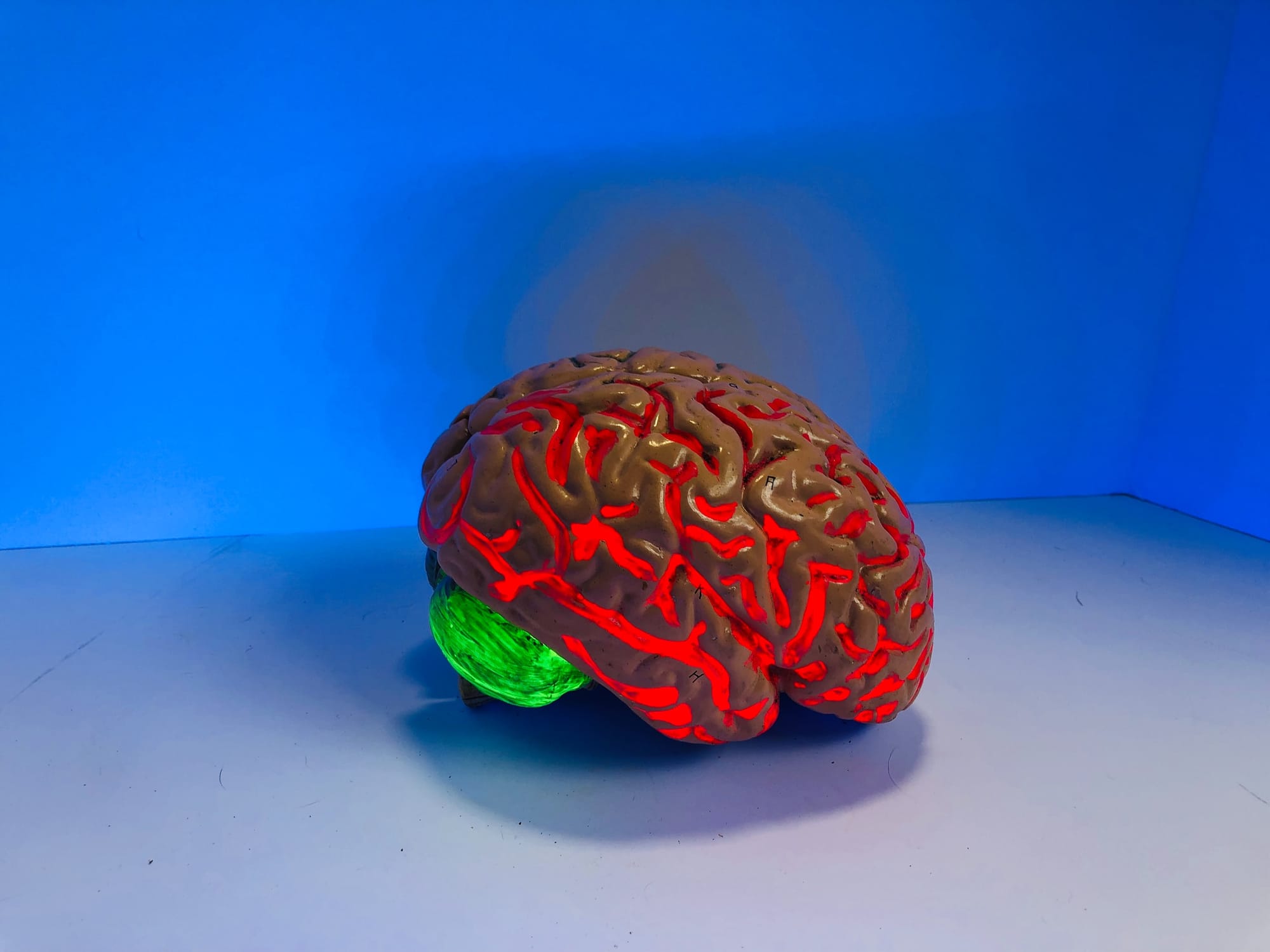Blood-brain Barrier Disruption in Multiple Sclerosis

Blood-brain Barrier Disruption in Multiple Sclerosis
Alireza Minagar 1, J Steven AlexanderAffiliations- PMID: 14664465
- DOI: 10.1191/1352458503ms965oa
Abstract
The blood-brain barrier (BBB) is a complex organization of cerebral endothelial cells (CEC), pericytes and their basal lamina, which are surrounded and supported by astrocytes and perivascular macrophages. Collectively these cells separate and form the compartments of the cerebral vascular space and the cerebral interstitium under normal conditions. Without the BBB, the 'interior milieu' of the central nervous system (CNS) would be flooded by humoral neurotransmitters and formed blood elements that upset normal CNS functions and lead to vascular/neural injury. Dysregulation of the BBB and transendothelial migration of activated leukocytes are among the earliest cerebrovascular abnormalities seen in multiple sclerosis (MS) brains and parallel the release of inflammatory cytokines/chemokines. Mechanisms for breakdown of the BBB in MS are incompletely understood, but appear to involve direct effects of these cytokines/ chemokines on endothelial regulation of BBB components, as well as indirect cytokine/chemokine-dependent leukocyte mediated injury. Unique endothelial structural features of the BBB include highly organized endothelial tight junctions, the absence of class II major histocompatibility complex, abundant mitochondria and a highly developed transport system in CEC. Exposure of endothelium to proinflammatory cytokines (IFN-gamma, TNF-alpha and IL-1beta) interrupts the BBB by disorganizing cell-cell junctions, decreases the brain solute barrier, enhances leukocyte endothelial adhesion and migration as well as increases expression of class II MHC and promotes shedding of endothelial 'microparticles' (EMP). In this review we examine interactions between cytokines/chemokines, activated leukocytes, adhesion molecules and activated CEC in the pathogenesis of BBB failure in MS.
Similar articles
- Role of the blood-brain barrier in multiple sclerosis.
Ortiz GG, Pacheco-Moisés FP, Macías-Islas MÁ, Flores-Alvarado LJ, Mireles-Ramírez MA, González-Renovato ED, Hernández-Navarro VE, Sánchez-López AL, Alatorre-Jiménez MA.Arch Med Res. 2014 Nov;45(8):687-97. doi: 10.1016/j.arcmed.2014.11.013. Epub 2014 Nov 26.PMID: 25431839 Review.
- Emerging roles of endothelial cells in multiple sclerosis pathophysiology and therapy.
Minagar A, Maghzi AH, McGee JC, Alexander JS.Neurol Res. 2012 Oct;34(8):738-45. doi: 10.1179/1743132812Y.0000000072. Epub 2012 Jul 23.PMID: 22828184 Review.
- Structural pathways for macromolecular and cellular transport across the blood-brain barrier during inflammatory conditions. Review.
Lossinsky AS, Shivers RR.Histol Histopathol. 2004 Apr;19(2):535-64. doi: 10.14670/HH-19.535.PMID: 15024715 Review.
- The blood-brain-barrier in multiple sclerosis: functional roles and therapeutic targeting.
Correale J, Villa A.Autoimmunity. 2007 Mar;40(2):148-60. doi: 10.1080/08916930601183522.PMID: 17453713 Review.
- Statins reduce human blood-brain barrier permeability and restrict leukocyte migration: relevance to multiple sclerosis.
Ifergan I, Wosik K, Cayrol R, Kébir H, Auger C, Bernard M, Bouthillier A, Moumdjian R, Duquette P, Prat A.Ann Neurol. 2006 Jul;60(1):45-55. doi: 10.1002/ana.20875.PMID: 16729291
Cited by 173 articles
- The TIPE Molecular Pilot That Directs Lymphocyte Migration in Health and Inflammation.
Sun H, Lin M, Zamani A, Goldsmith JR, Boggs AE, Li M, Lee CN, Chen X, Li X, Li T, Dorrity BL, Li N, Lou Y, Shi S, Wang W, Chen YH.Sci Rep. 2020 Apr 20;10(1):6617. doi: 10.1038/s41598-020-63629-w.PMID: 32313148 Free PMC article.
- Extracellular Vesicles as Signaling Mediators and Disease Biomarkers across Biological Barriers.
Simeone P, Bologna G, Lanuti P, Pierdomenico L, Guagnano MT, Pieragostino D, Del Boccio P, Vergara D, Marchisio M, Miscia S, Mariani-Costantini R.Int J Mol Sci. 2020 Apr 4;21(7):2514. doi: 10.3390/ijms21072514.PMID: 32260425 Free PMC article. Review.
- ADAMTS13 ameliorates inflammatory responses in experimental autoimmune encephalomyelitis.
Lu K, Liu L, Xu X, Zhao F, Deng J, Tang X, Wang X, Zhao BQ, Zhang X, Zhao Y.J Neuroinflammation. 2020 Feb 19;17(1):67. doi: 10.1186/s12974-020-1713-z.PMID: 32075652 Free PMC article.
- Aberrant DNA methylation profile exacerbates inflammation and neurodegeneration in multiple sclerosis patients.
Celarain N, Tomas-Roig J.J Neuroinflammation. 2020 Jan 14;17(1):21. doi: 10.1186/s12974-019-1667-1.PMID: 31937331 Free PMC article. Review.
- Neutrophil-Derived Microvesicle Induced Dysfunction of Brain Microvascular Endothelial Cells In Vitro.
Ajikumar A, Long MB, Heath PR, Wharton SB, Ince PG, Ridger VC, Simpson JE.Int J Mol Sci. 2019 Oct 22;20(20):5227. doi: 10.3390/ijms20205227.PMID: 31652502 Free PMC article.
Publication types
MeSH terms
Grant support
LinkOut - more resources
Full Text Sources
Other Literature Sources
Medical


